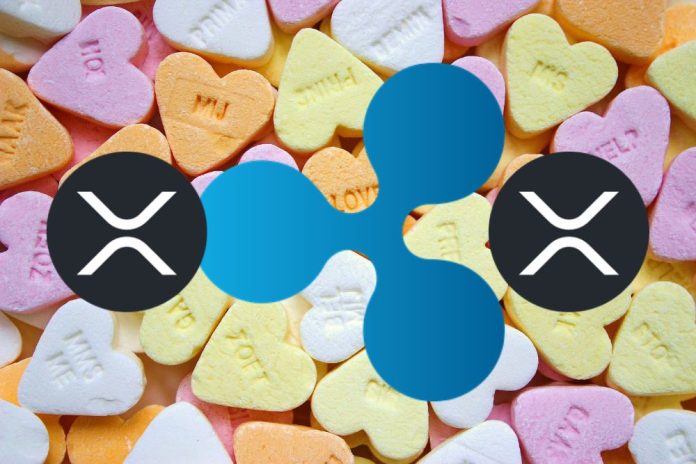Ripple has recently locked back 800 million XRP worth $2.16 billion at current prices, as detailed in transaction records shared by XRP-based researcher Leonidas. These whopping tokens were initially unlocked on December 1, 2024.
The transactions demonstrate Ripple’s practice of managing XRP’s circulating supply via periodic escrow releases, an approach central to the network’s economic model since 2017. However, the implications of such actions have sparked significant debate within the XRP community.
800M $XRP back into escrow in December pic.twitter.com/Yj6lhHRTLX
— Leonidas (@LeoHadjiloizou) December 1, 2024
Key Details of the Escrow Transactions
Ripple initiated the escrow of 800 million XRP across three transactions, temporarily locking these funds until future release dates.
Of this total, 500 million XRP and 270 million XRP are set to be released on February 1, 2028, while the remaining 30 million XRP will become available on March 1, 2028.
This move aligns with Ripple’s established monthly escrow strategy, ensuring predictability in managing XRP’s circulating supply.
Community Reactions and Misconceptions
The announcement ignited discussions among XRP enthusiasts on the market supply and demand impact. One community member speculated that this process could create a supply shock by withholding XRP from the market. The user suggested that institutions might face challenges acquiring XRP in such a scenario, potentially driving up demand and price.
However, another member, Nellaiwala, countered this perspective with a more measured explanation. According to them, Ripple’s escrow mechanism does not introduce a supply shock but merely controls the flow of XRP entering circulation.
They clarified that Ripple’s monthly escrow releases involve 1 billion XRP, of which a portion is often returned to escrow after use. In this case, 800 million XRP was locked back into escrow after 200 million XRP was added to circulation.
We are on twitter, follow us to connect with us :- @TimesTabloid1
— TimesTabloid (@TimesTabloid1) July 15, 2023
Understanding Ripple’s Escrow Model
Ripple’s escrow strategy was established in 2017 to ensure transparency and predictability in the release of XRP. The system locks up large amounts of XRP, releasing 1 billion coins every month over a predetermined schedule. Any unused XRP from the monthly release is relocked back into the escrow.
This mechanism ensures Ripple retains control over its XRP holdings while gradually increasing the circulating supply. It is worth noting that the 800 million XRP locked in December was never truly part of the circulating supply, either before or after the transactions. Instead, these funds were reallocated within Ripple’s controlled supply framework.
Supply vs. Circulation: The ATM Analogy
To simplify, Nellaiwala provided a relatable analogy, comparing Ripple’s escrow system to withdrawing money from an ATM. Based on the analogy, like an ATM dispensing a fixed amount (e.g., $1,000) regardless of user needs, Ripple releases a standard amount of XRP each month. Any unused funds are returned to escrow, maintaining consistency in supply growth.
Ripple’s escrow model helps manage XRP’s circulating supply and fosters long-term stability. While debates about its effects on market dynamics persist, the recent re-escrowing of 800 million XRP underscores the importance of understanding Ripple’s approach to supply management.
Disclaimer: This content is meant to inform and should not be considered financial advice. The views expressed in this article may include the author’s personal opinions and do not represent Times Tabloid’s opinion. Readers are urged to do in-depth research before making any investment decisions. Any action taken by the reader is strictly at their own risk. Times Tabloid is not responsible for any financial losses.
Follow us on Twitter, Facebook, Telegram, and Google News


